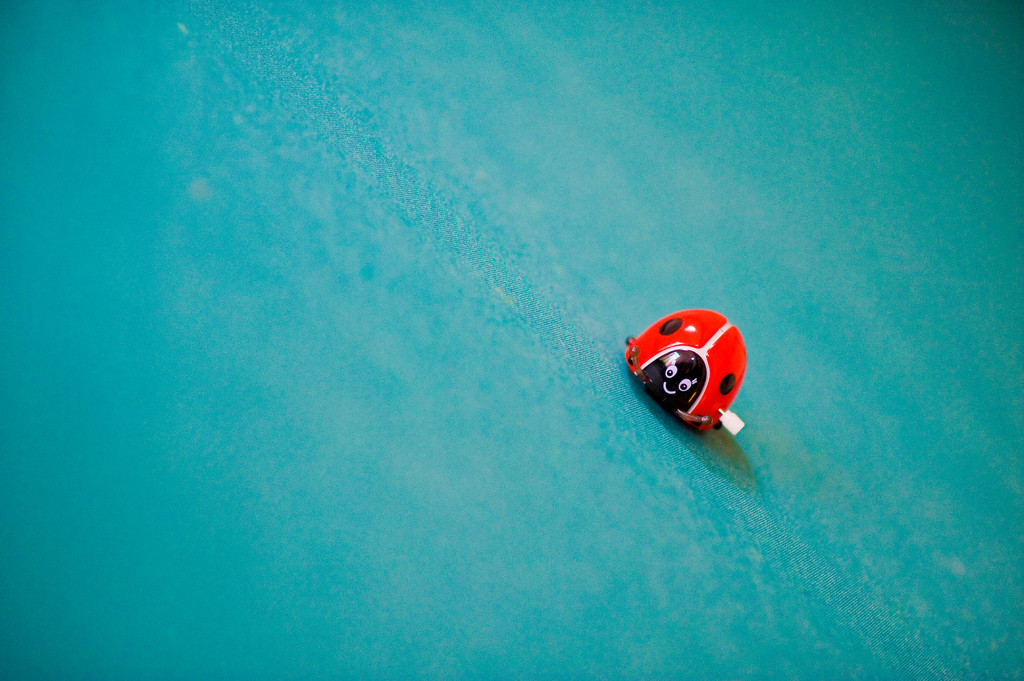There remains in our day and age an overwhelming urge to focus on efficiency. Whether it is a major corporation, a government ministry, or a small business, everyone is urged to focus on doing more with less. The unfortunate result of this constant drive to diminish everything down to the absolute minimum is that more often than not it results in overworked and underappreciated people. It’s a shame, because efficiency is an underrated art form.
The True Art
In its current form efficiency is a very simple concept: instead of making one pair of shoes an hour, you are asked to make two. It doesn’t matter how, you just need to do it. This simple, and completely empty instruction is simple to achieve: lower quality. Now zoom up to the big organizational picture and imagine the manager that has demanded higher efficiency. Why did he / she ask for this? Lower costs mean higher gross profits. Does anything in this picture have to do with customer value, employee joy, or organizational sustainability? No, not at all. And this is where efficiency as it is practiced today is a dead end.
The true art of efficiency is in doing only that which is absolutely necessary in the pursuit of perfection. Perfection is an ideal that can, by definition, never be achieved. However, perfection as a goal gives you a continually improving set of goal posts that inspire creativity, ingenuity, innovation, and pride. As the goal posts are continually moving, it also means that there is no straightforward playbook to follow to get you where you want to go. In each step you take you change the landscape and the position and nature of your goals. This brings us to the art of doing nothing.
Doing Nothing
The art of doing nothing is an idea that has long been studied in Asian philosophies, and it is currently having a resurgence in many other parts of the world. Practices such as mindfulness and others that help with self-reflection are essential to the art of doing nothing. In the seemingly passive act of doing nothing you take the most efficient step of asking ‘why?’. Why am I doing this, and is what I’m doing truly adding authentic value to the lives of my customers, my colleagues, and myself? If the answer is ‘no’, then by choosing to stop what you’re doing you’re actually helping more than hurting yourself and your organization.
How often have you taken actions in your work that were done in a hurry to ‘get things done’, only to undo your actions later or realize that your actions had no lasting impact? I believe that the true scale of organizational and personal waste has yet to be honestly assessed. At the end of your day, your job, and your life, how much of what you did was an authentic expression of who you are?
A New Definition
A new definition of ‘efficiency’ is needed. A definition that doesn’t make us feel like we’re just a cog in a very big machine. We need a new definition that describes efficiency as being ‘only that which truly expresses who I am’, and within the context of an organization: ‘only that which truly expresses our organization’s purpose’. The next time you feel yourself hurried to make a decision or to execute an action, stop and ask yourself and the person making the demand: “Is this who we really are? Is this taking us closer to perfection?” If not, the most valuable thing you can do is stop and do nothing. Become an artist and paint your life the way it’s meant to be. Together we can paint a picture of perfection.
